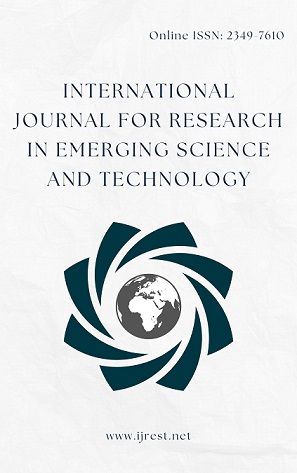Comparative Study of Properties and Compositions of Three Varieties of Melon Seed Flour in Ebonyi State of Nigeria
Keywords:
Melon Seed Flour, Functional Properties, Proximate Composition, Phytochemical CompositionAbstract
A comparative study of the functional properties, proximate compositions and phytochemical compositions of white, black and isekele varieties of melon seed flour that are cultivated in Ebonyi State of Nigeria was determined in this study. The results showed that the isekele melon variety has higher emulsion, water absorption and foaming capacities than the other two varieties. The foaming capacity of the melon seed flours was the lowest among the functional properties. The white melon variety has the highest carbohydrate, fat and crude fibre contents. The black melon variety has higher flavonoid and alkaloids contents more than the other two varieties. The saponin content was higher in the isekele melon variety. The findings indicated that the melon seed flour could be a good aroma agent, and a flavour retainer that could be used to improve mouth feels for food. It could be a good source of food and dietary oil, and could be helpful in the protection of blood vessels against rupture and leakage, as well as in the treatment of hyper calcium in human beings.
Downloads
Published
How to Cite
Issue
Section
License
Copyright (c) 2018 Peter Anyigor Okorie

This work is licensed under a Creative Commons Attribution 4.0 International License.



